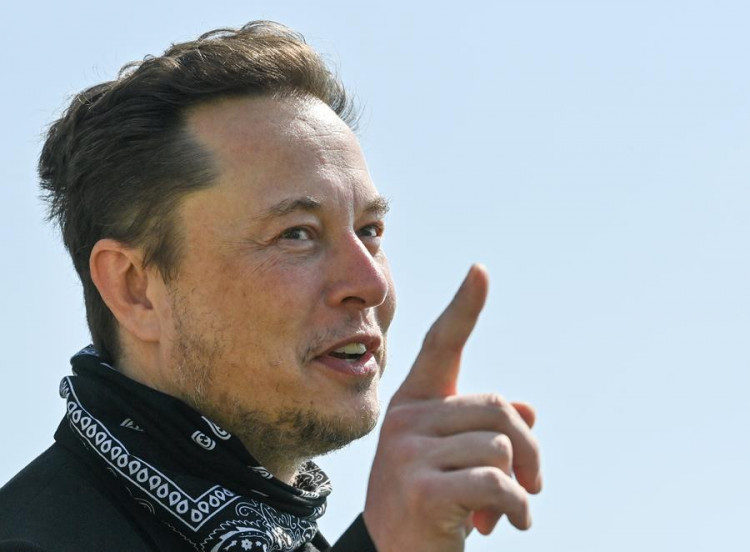Elon Musk, the visionary CEO of Tesla, engaged in a candid dialogue with prominent U.S. Senators, where he delved into the perilous situation Russian President Vladimir Putin finds himself in amidst the ongoing conflict in Ukraine. Musk, known for his forthright views and groundbreaking ventures, posited a grim outlook for Putin should he decide to retreat from the Ukrainian conflict, suggesting that such a move could lead to his assassination.
The discussion, attended by Senators Ron Johnson, Mike Lee, JD Vance, and notable figures such as former Republican presidential hopeful Vivek Ramaswamy and David Sacks of Craft Ventures LLC, provided a platform for Musk to articulate his thoughts on the geopolitical quagmire. "If he were to back off, he would be assassinated," Musk stated unequivocally, addressing the precarious position Putin occupies.
This bold assertion from Musk comes amid a backdrop of widespread criticism labeling him a sympathizer of the Russian leader, a notion Musk vehemently refutes. He underscored his companies' significant contributions towards countering Russian influence, particularly in the context of the Ukraine war, as evidence of his opposition to Putin's actions.
The dialogue gained further intrigue following recent comments from Putin himself, who, in an extensive interview with Tucker Carlson, praised Musk for his intelligence and indomitable spirit, especially in relation to advancements in AI and Musk's neurotechnology company, Neuralink. Despite this public commendation from the Russian president, Musk maintained a measured response, opting to laud Carlson's journalistic efforts rather than directly engage with Putin's accolades.
Musk's relationship with the situation in Ukraine and Putin has been complex and multifaceted. He has not only criticized the Russian invasion vocally but has also extended tangible support to Ukraine by supplying Starlink internet equipment, showcasing his commitment to aiding the embattled nation. In a notable episode, Musk issued a direct challenge to Putin to engage in "single combat," with the fate of Ukraine hanging in the balance, a challenge that Kremlin remained silent on.
The recent discussion with U.S. Senators on X Spaces underscores Musk's nuanced perspective on the ongoing conflict in Ukraine and the geopolitical dynamics at play. His stark warning about Putin's potential fate should he withdraw from Ukraine adds a compelling layer to the international discourse surrounding the conflict, highlighting the high-stakes nature of geopolitical maneuvering in the region.
As the conflict continues to unfold, Musk's insights offer a unique lens through which to view the intricate web of motivations, risks, and possible outcomes that define the current state of affairs in Ukraine and the broader international arena. With his track record of disruptive innovation and willingness to engage in critical global issues, Musk's viewpoints provide a valuable addition to the ongoing analysis and discussion of the war in Ukraine and its implications for global stability.






